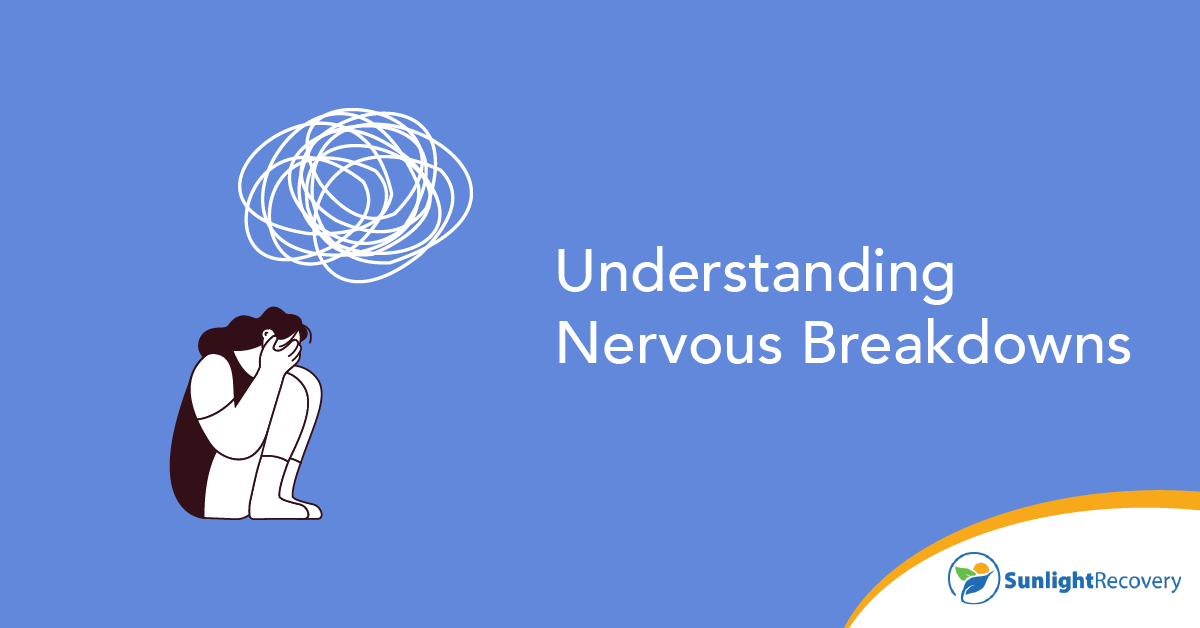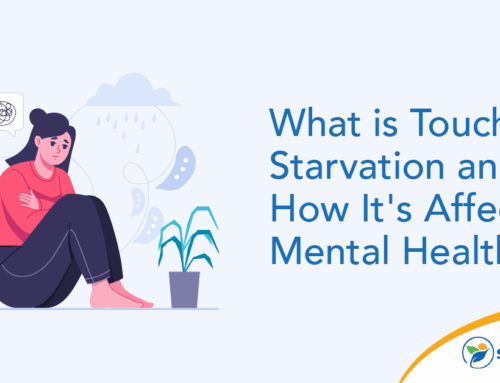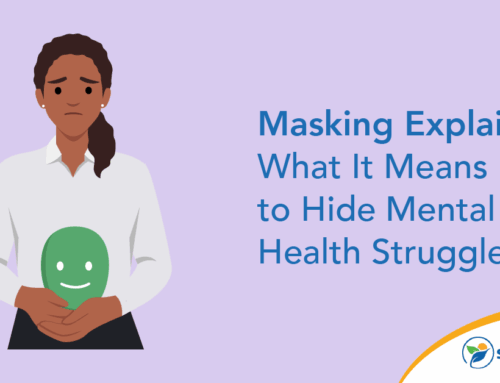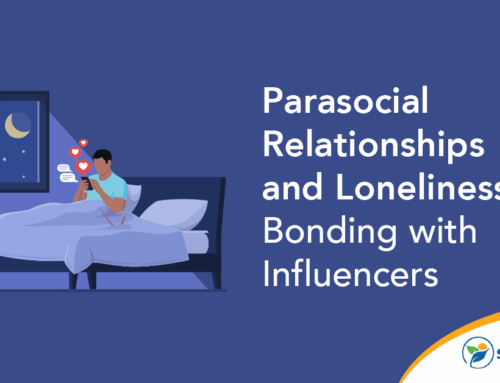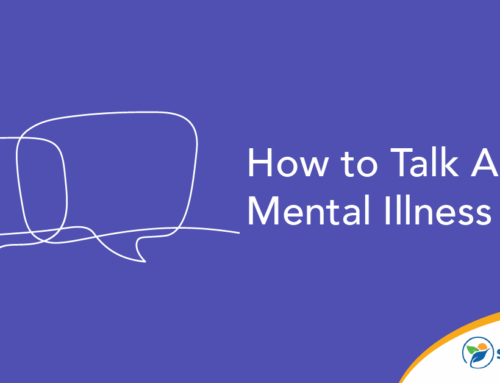In contrast to those dealing with some chronic medical conditions, those suffering from major depressive disorder may not display consistent symptoms, both in frequency and intensity. While it isn’t a recognized medical term or diagnosis, the term “nervous breakdown” is often used to refer to someone experiencing an acute emotional or mental crisis as part of major depressive disorder. In fact, the term may inappropriately lump together several issues at once, limiting understanding and even preventing timely assistance. With more than 23% of Americans affected by mental illness, according to the National Institute of Mental Health, using the correct terms for disorders is an important step toward meaningful awareness.
What Is Commonly Meant by “Nervous Breakdown”?
You’ve likely heard the phrase, “I’m having a nervous breakdown”, used in conversation as an exaggeration, not meant to be taken literally. Used in television and movies as an expression similar to, “I’ve had it up to here”, its casual use can minimize the seriousness of major depressive episodes, so it’s important to use medical terminology whenever possible. The Mayo Clinic notes that medical professionals and clinicians have shifted to using terms such as “mental health crisis” for more accuracy.
Outside of media, if someone is said to be having a nervous breakdown, it typically means the individual is experiencing stress, depression or anxiety to the point of breaking with reality. This can look like uncontrollable crying, anger or even delusional utterances or behaviors. In general, it can be summarized as an episode of intense emotion or distress so acute that immediate medical assistance or even a stay in a mental health facility may be necessary.
Signs and Symptoms That May Indicate a Mental Health Crisis
If someone is experiencing a mental breakdown as part of a major depressive disorder, several red flags indicate that assistance or treatment is needed as soon as possible:
- Threats to harm oneself, which may include self-harming behaviors or drugs
- Out-of-character behavior, such as high-stakes gambling or risky sexual activity
- Threats to harm others, including utterances of revenge or planning violence
- Large mood swings, including situationally inappropriate happiness (mania)
- Hygiene issues, such as failure to shower, maintain clean clothing or tend to dental hygiene
- Big changes in sleeping or eating habits, which can mean either a lack or an excess of either
- Withdrawing from social circles, including habitually canceling plans or avoiding calls
- Failure to care for dependents, which can include pets, children or elderly family members
- Poor job or school performance, particularly when it’s uncharacteristic
While none of these red flags is a diagnosis by itself, they can indicate that observation and possible intervention are called for. If more than one is observed at once, it’s time to seek a mental health professional for an assessment and potential treatment of a nervous breakdown.
Underlying Causes: Stress, Burnout, Trauma and More
Depressive disorders seldom come out of the blue and are often exacerbated by life factors such as demanding workloads at home, work or school. When someone already feels overwhelmed by demands and responsibilities, an unexpected addition, such as a loved one’s death or a car accident, can be the proverbial straw that breaks the camel’s back. While it’s not reasonable to eliminate all stress from day-to-day life, taking steps, including getting enough sleep and eating well, can provide more mental and physical energy stores to handle unexpected issues.
Regular mental health treatment, such as talk therapy or taking prescription medications, can also give the mind and body more capacity to navigate traumas and avoid burnout. Anyone who finds themselves constantly pushing through difficult emotions or anxiety is likely ignoring signals that they need to slow down and reassess their mental and emotional workload.
How Mental Health Professionals Diagnose and Treat These Episodes
A mental health professional diagnoses depressive disorders by exploring the patient’s symptoms and their frequency. Feeling overwhelmed is natural and normal once in a while, but feeling that way every week, or even every day, could indicate a looming issue. The mental health professional takes the patient’s life situation into account, including responsibilities at work and at home, to determine if the symptoms need to be addressed directly.
Treatment also varies from case to case and depends on the severity of symptoms. If the patient is a little blue, talk therapy might help them understand and manage their stressors. If symptoms are making it difficult to navigate daily life, certain medications may help reduce anxiety and help the individual think more clearly. There isn’t a single correct treatment plan for major depressive disorders; what works perfectly for one person may not be appropriate for someone else. Speaking honestly with the medical provider is key to finding a treatment plan that works best for the patient.
Dealing With Major Depressive Disorder
While the term “nervous breakdown” has fallen out of medical favor, the acute mental health crises it once referred to are very real. A depressive disorder can vary in intensity, but when the symptoms become serious, it’s important to remember:
- An acute mental health episode typically isn’t permanent, and assistance is available.
- Expressions of or desire for self-harm should always be taken seriously.
- Teens and adults alike can experience depression. The National Library of Health notes that most mental disorders emerge before the age of 25.
- Help is only a phone call away. If you or a loved one is experiencing a mental health crisis, seek immediate help through tools such as crisis hotlines, and follow up with a mental health professional.
Getting Help and Recovering After a Nervous Breakdown
If you’re experiencing the symptoms of a depressive disorder or mental breakdown, the help you need is here for you 24 hours a day. Contact Sunlight Recovery’s mental health professionals to schedule an assessment and treatment and reclaim your life without anxiety and depression holding you back.


